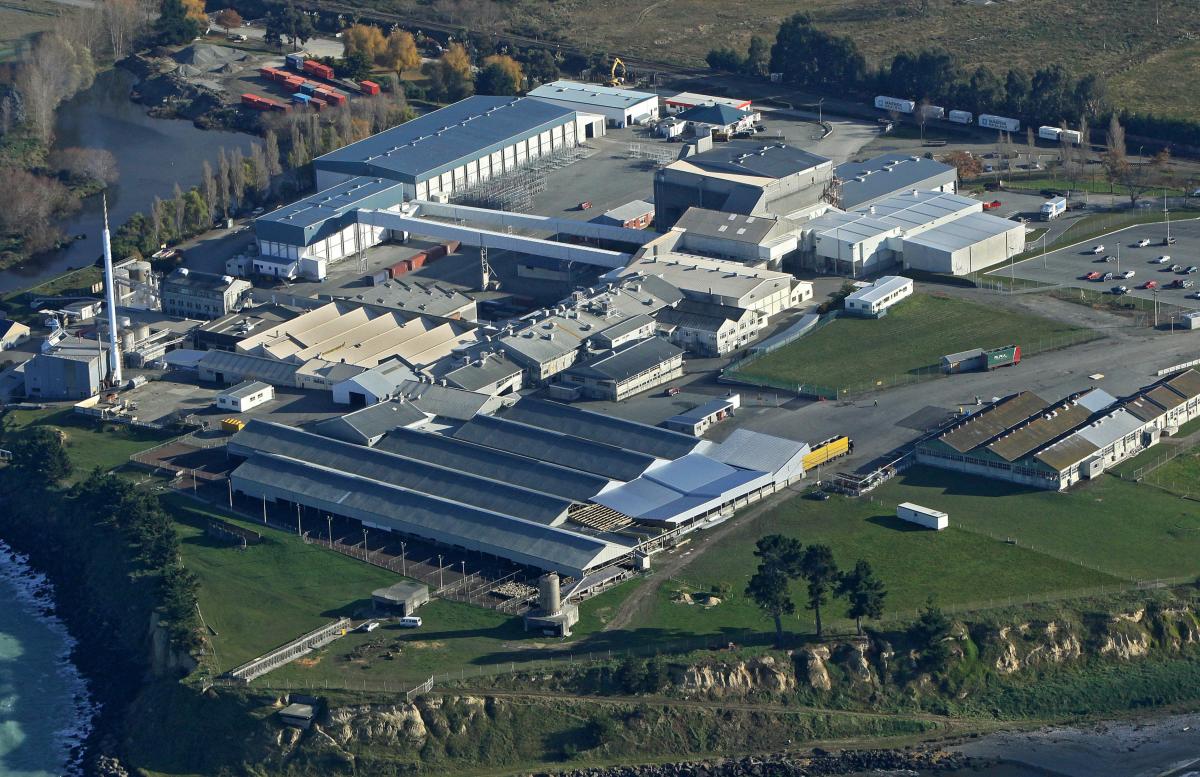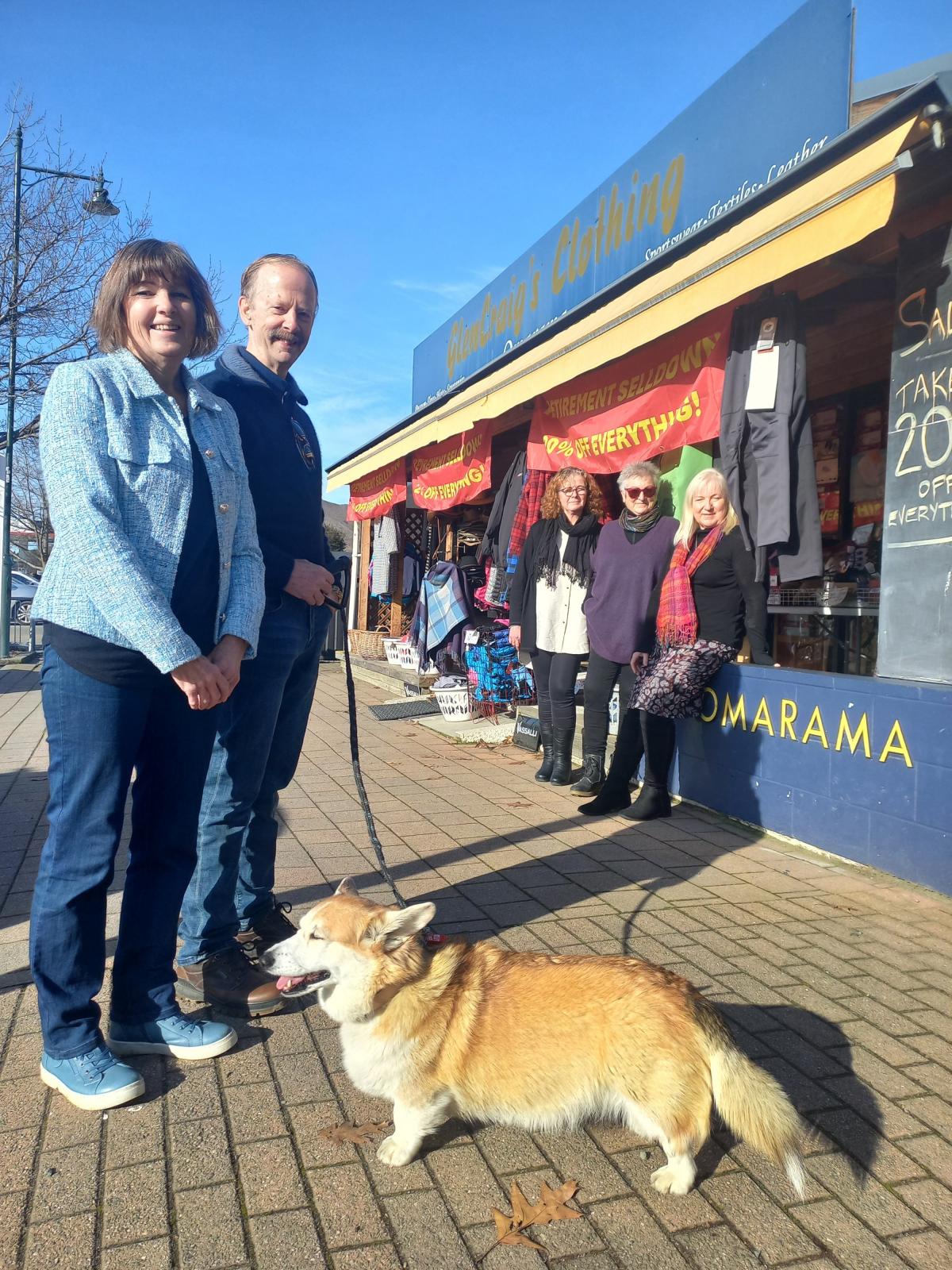Both the price of the 32ha site and identity of the purchaser were confidential when the meat-processing company announced last Friday it had been sold for development in an unconditional agreement.
Alliance closed the 139-year-old plant last October. It had previously employed about 600 staff for processing sheep meat, calves and venison.
Estimates vary on how many meat workers have rejoined the workforce, with union leaders believing only 50% are employed — a figure at odds with Timaru District Council numbers.
Timaru District Mayor Nigel Bowen said the new development would ideally be a source of large employment for the community as the closure of the plant had been a “massive shock” initially.
The change of ownership was being looked on positively and the community would be pleased it had progressed quickly in an unconditional agreement as that suggested site plans would soon be revealed, he said.
“We will eventually get notified through council who the new owner is, but that will take some months to come through. [Alliance] reported it’s likely to be developed so whether that’s commercial, or industrial as it’s currently zoned for, that’s certainly positive.”
The industrial site includes Rural 3-zoned land, buildings in varying ages and condition, and is next to the large showgrounds retail centre and Freshpork NZ facility.
Mr Bowen said any change to residential zoning would be challenging, given the site was next to working industrial businesses.
Buyer interest had been strong with the council’s holding company among potential investors that had looked at the site.
The holding company decided industrial land owned at Washdyke and other holdings were large enough for future development over the next 20 years.
Part of the site’s attraction was its nearly 500m of frontage to State Highway 1 and advantage to the main south rail line, and being opposite the retail showgrounds precinct.
Mr Bowen said Timaru was a great place to do business.
The new owners would hopefully complement existing businesses and potentially make use of the Timaru port, owned 50:50 by the council and Port of Tauranga.
“In a perfect world if you were doing urban planning now you wouldn’t have a freezing works so close, but that was built over 100 years ago and wasn’t close to residential [dwellings] at the time, but obviously the urban footprint has expanded out and who knows where it will land.”
He said the closure had likely put more pressure on the overall job market as Smithfield represented about 3% of the district’s workforce.
“It had been in the area for many, many years and been a large employer for Timaru, although there had been an understanding there had been a lot of changes in the industry and things were going to happen at some point.”
However, staff had found work within the community, with a small number commuting to nearby jobs or going overseas. Few of them had sought assistance from the Ministry for Social Development (MSD), he said.
New Zealand Meat Workers Union southern senior organiser Bill Watt said the processing plant continuing as a going concern was highly unlikely.
Sheep numbers were dropping, while the site had not processed beef.
“We have no idea who bought Smithfield. Unless they employ people it probably means nothing.”
He said meat workers who lost their jobs were still trying to find work.
“I would be surprised if half have found work. There was talk earlier on about 90% [finding work], but our unscientific analysis we are thinking about 50%.”
Mr Bowen said the MSD numbers showed much higher re-employment.














